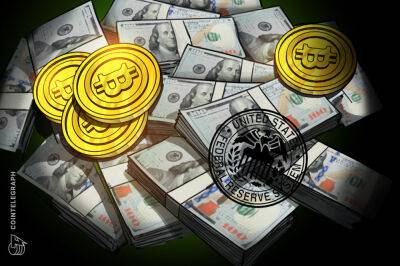Central bank policymakers should not assume reputations will recover
Who would want to be responsible for monetary policy in 2022? To judge from the fierce economic and political debates under way around the world, it is as though open season has been declared on central bank governors: they are being criticised from all sides.
The US Federal Reserve chair, Jerome Powell, and his colleagues are accused of failing to spot the early signs of an inflationary threat last year. As late as last autumn, they were arguing that price rises were “transitory”. With annual US inflation today approaching double figures, that looks to have been a poor judgment. But now that the Fed has acknowledged its mistake and is raising interest rates, many accuse it of choking off the post-pandemic recovery, collapsing equity and bond markets, and precipitating a recession.
The European Central Bank has still not begun to raise rates, although it is expected to do so in July. The ECB is charged with indecision and with sowing the seeds of a new eurozone crisis by suggesting a potential reversal of quantitative easing. The spread between the yields on Italian and German government bonds has widened considerably, threatening the fiscal stability of southern Europe. An anti-fragmentation weapon has been promised but remains on the drawing board for now.
The Bank of England faces a charge sheet resembling the one drawn up against the Fed, with a couple of added wrinkles. Some have accused the Bank’s governor, Andrew Bailey, of washing his hands of the inflation problem by blaming exogenous factors – the war in Ukraine and energy shortages – for the increase in prices. The Bank is accused of “groupthink”, too. Three of the four external members of its monetary policy committee have voted twice for higher rates, only to
Read more on theguardian.com

 theguardian.com
theguardian.com

















